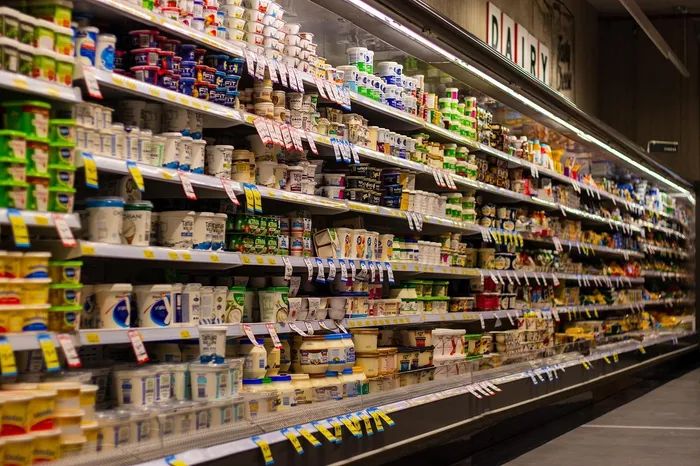
As inflationary dynamics continue to evolve, this presents a critical moment for consumers and policymakers alike. With fuel prices fluctuating and global agricultural costs impacting local food prices, the road ahead remains intricate for the South African economy.
Image: Squirrel photos/Pixabay
South Africa’s consumer price index (CPI) inflation crept up to 3.6% year-on-year in October, a slight increase from September’s 3.4% as statistical base effects came into play.
According to Investec Economist Annabel Bishop, this rise is under scrutiny as it overshoots the upper limit of the South African Reserve Bank's (SARB) inflation target range, which sits between 2% and 4%.
"The CPI inflation for October displayed a modest month-on-month growth of 0.1%, while the residual category contributed a fractional uplift, with minor inflationary pressures evident across certain areas of the economy," Bishop said on Wednesday.
"Fuel prices, which experienced an increase of 8 cents per litre, notably did not factor into October’s inflation outcome. Looking ahead, November's anticipated fuel price reduction of 51 cents per litre is expected to further assist in alleviating inflationary pressures, potentially contributing a decrease of approximately 0.1% month-on-month," she further said.
In terms of food costs, an essential component of the CPI basket, prices increased by 3.9% year-on-year, reflecting a drop from September's 4.5% year-on-year rise.
"This relatively encouraging news is tempered by the context of global food prices, which rose 1.9% month-on-month in October. A strengthened rand, which improved against the US dollar by 0.9% month-on-month, has added complexities to local food cost dynamics as agricultural prices are often denominated in foreign currencies," Bishop said.
Critically, excluding volatile components like food, non-alcoholic beverages, fuel, and energy, the core measure of CPI inflation saw a minor reduction, dropping to 3.1% year-on-year from September’s 3.2%.
Bishop said that this subtly suggests that underlying inflationary pressures may have begun to moderate, providing some reassurance to consumers.
Looking ahead, Bishop forecasts that consumer price inflation is unlikely to escalate significantly for the remainder of the year.
While inflation in the second half of 2024 may encounter a statistical base effect lift complicating year-on-year calculations, she notes a lack of acute inflationary pressures elsewhere, indicating that South Africa might not be facing immediate economic turmoil.
The South African economic landscape is poised for a potential shift as the South African Reserve Bank (Sarb) approaches its next monetary policy decision on Thursday.
This anticipation follows recent announcements from the finance minister regarding a new 3% inflation target aimed at stabilising inflation expectations and potentially paving the way for lower interest rates in the future.
In a delicate balancing act, the Reserve Bank has maintained a cautious stance, opting to keep its repo rate unchanged during its previous meeting in September. The bank's officials indicated that they required more time to assess the consequences of their earlier easing measures. This sentiment is echoed in the latest inflation data, which shows a subtle decline in month-on-month inflation rates.
Bishop said that with the Sarb's flexible inflation target at 3.0% plus or minus 1.0%, the central bank is not expected to escalate interest rates to counter inflationary trends.
"Instead, South Africa remains entrenched in a cycle of potential rate cuts, although such adjustments may not occur at every meeting. Market sentiment leans heavily towards the anticipation of a 25-basis-point cut during the upcoming monetary policy committee meeting, with an 88% probability factored in. Despite this, the SARB has underscored the necessity of maintaining high real interest rates to achieve the targeted inflation goal," she said.
As South Africa navigates through economic recovery, the upcoming decision from the Reserve Bank will undoubtedly be pivotal.
The effectiveness of the new inflation target and its implications for interest rates could play a significant role in shaping the nation’s economic trajectory in the months ahead.
BUSINESS REPORT